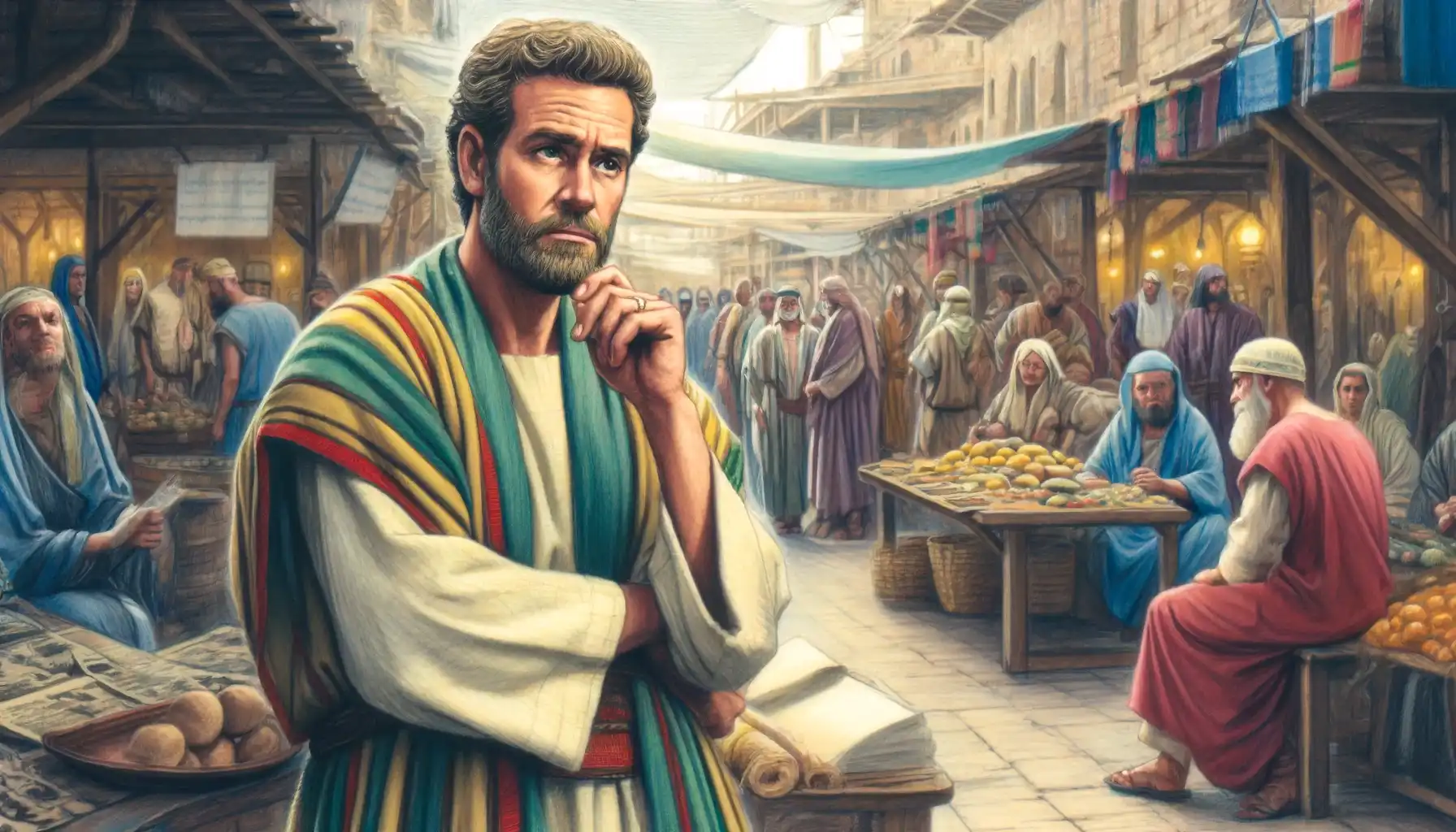Philip the Apostle, originally from Bethsaida and one of the original twelve disciples of Jesus, is depicted in the New Testament as a figure who sought practical comprehension of Jesus’ teachings, exemplified by his interactions during key events such as the feeding of the 5000 and the Last Supper. Known for his questioning nature, Philip played a crucial role in the early Christian church’s expansion, particularly among Greek-speaking communities, as highlighted by his encounter with the Ethiopian eunuch in the Acts of the Apostles. Continuing his ministry across regions such as Greece, Syria, and Phrygia, Philip’s evangelistic efforts often met with resistance from local authorities, ultimately leading to his martyrdom by crucifixion or other means, thus symbolizing the ultimate witness to his faith and marking him as a pivotal figure in the spread of early Christianity.

